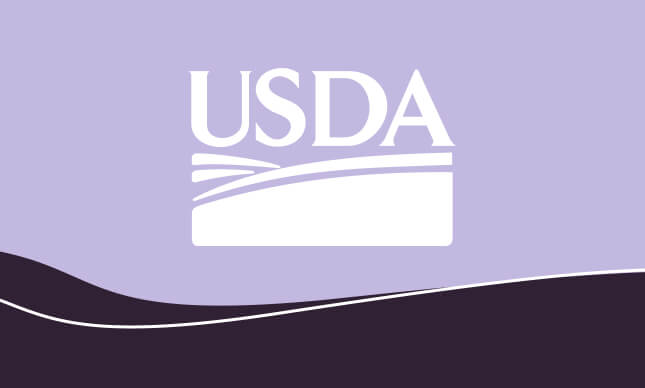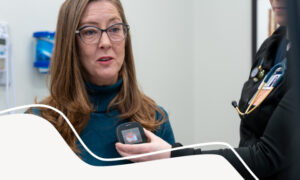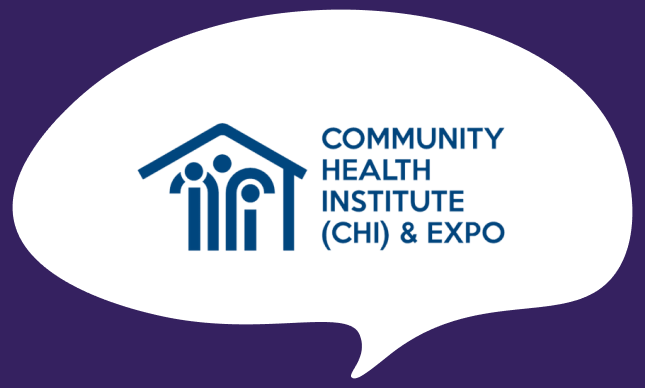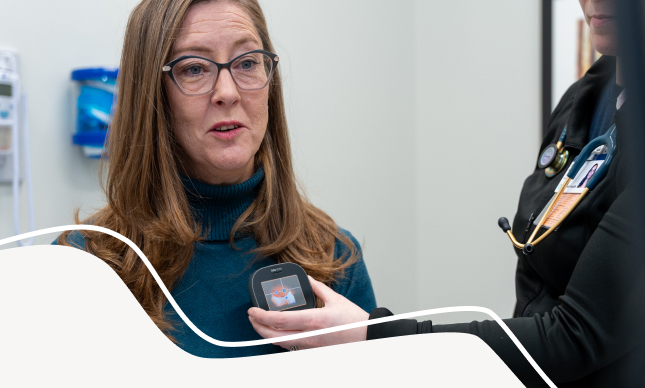Applying for the USDA RUS-DLT Grant

Dana Satterwhite, Grants Manager at Learn Design Apply joined Joe Brennan, Senior Director of Provider Solutions at TytoCare to discuss the upcoming USDA RUS-DLT Grant and share best practices for submitting a successful application. Watch the webinar here.
USDA RUS-DLT Grant Basics
Dana Satterwhite began the webinar with a thorough explanation of what the grant involves. The USDA RUS-DLT Grant gives funding to organizations that provide telemedicine and distance learning services to meet the needs of rural and underserved populations. Grant amounts range from $50K to $1M, with $62M+ in total funding available. The generous total amount makes this a particularly good year to apply.
The grant’s scoring is based on objective demographic criteria, such as rurality and economic need, and subjective criteria in which applicants describe the challenges faced by the population they serve and the ways grant funding could address those challenges.
Applicants should pay particular attention to the design of their project, who their partners are, the extent of their rurality, and their poverty statistics. Grant funds are disbursed over a period of three years. Proposed expenditures in the application must align with the grant’s eligibility criteria and be fully dedicated towards technology for distance learning and/or telemedicine.
Designing your project
Different options exist for your USDA RUS-DLT Grant project’s design. The hub and spoke model is the most common, in which a hospital or medical center connects to several rural health clinics to offer more comprehensive services to members without the need for travel. The hub’s location is not factored into demographic scoring, which is helpful for hubs located in urban areas that deliver services to rural areas.
Another option is the hub/end user to hub/end user model, in which hubs serve as points of service delivery, such as a rural hospital that connects to a rural mental health clinic to expand services offered. In this model, the hub’s demographic scoring is a factor, so hubs must be located in a rural area to receive a competitive score.
Other models include non-fixed models, such as a hub that provides visiting nurse services, and hybrid models, that combine elements of fixed and non-fixed models, such as a community center that connects to a fixed-site hospital and rural clinics.
Many types of state and local organizations can leverage technology grants to provide health and distance learning services. A wide range of projects are eligible for the grant, including school to health centers for school-based telehealth, medical center to health clinics for primary and specialty care delivery, and many others.
In terms of scoring, rurality accounts for up to 40 points, with exceptionally rural areas receiving the most points. Economic need, calculated based on poverty level (SAIPE percentage), accounts for up to 30 points of the total score. Special considerations can provide up to 10 additional points for projects that serve vulnerable groups such as Native American populations living on tribal lands, farm workers, distressed energy communities, or projects that support mental health services.
Making the Most of Grant Funding
Joe Brennan explained that access to healthcare has long been a major hurdle for rural communities. While telehealth enables patients to receive quality care remotely, not all solutions are created equally. Traditional telehealth carts are very expensive, providing very little bang for your grant money buck. Audio-visual-only options cannot adequately examine patients, making them incapable of properly addressing the healthcare challenges that grants seek to resolve. When applying for the USDA RUS-DLT Grant, it’s important to choose technology that will truly help you expand your ability to best provide telemedicine.
TytoCare maximizes grant funding by providing comprehensive, affordable telemedicine to rural and underserved locations. TytoCare enhances the abilities of hubs through real remote physical exams, including heart and lung sounds and exams of the heart, ears, skin, abdomen, and more.
For example, Kentucky’s Pikeville Medical Center partnered with TytoCare and won a USDA RUS-DLT Grant. They used their funding to facilitate students’ safe return to in-person learning after the height of the COVID pandemic. PMC utilized TytoCare in 23 school-based care locations, making it easier for schools to curb infection and treat sick students, faculty, and staff.
The advantages of TytoCare include:
• Expanded access to quality care, with 59% more conditions able to be diagnosed remotely.
• Reduced absenteeism in school-based telehealth, with 89% of students surveyed able to return to class instead of being sent home when feeling unwell.
• Widened reach within the same budget. For the price of one traditional telehealth cart, organizations can buy 10 TytoCare devices.
• Improved health outcomes, with more patients treated in a timely, effective manner.
TytoCare similarly impacts rural healthcare, alleviating the barrier of travel distances that prevent members from accessing timely care and enabling specialists to carry out synchronous exams fully remotely.
Submitting a successful application
The objective criteria for the USDA RUS-DLT Grant are fairly fixed, but in the subjective portion, applicants must tell their story and clearly demonstrate the potential impact of technology funding on the communities they serve. TytoCare’s impact on critical healthcare metrics helps applicants make a compelling case for funding.
With TytoCare:
• Total cost of care is reduced by over 10%
• 98% of visits are resolved fully remotely, with no in-clinic follow-up required
• Utilization is increased by 45%
• Satisfaction rates are high, with an NPS of 83+
TytoCare helps you meet the USDA RUS-DLT Grant guidelines by providing live, interactive communication and robust specialty technology. By partnering with TytoCare, grant applicants can ensure they have a competitive application that outlines their project’s concrete capabilities: accurately examining patients from anywhere, opening up care access, keeping care local, and lowering total cost of care. TytoCare directly aligns with the goals of the USDA RUS-DLT grant to bring better care to more people who would otherwise not receive it.
To watch the webinar, click here.





